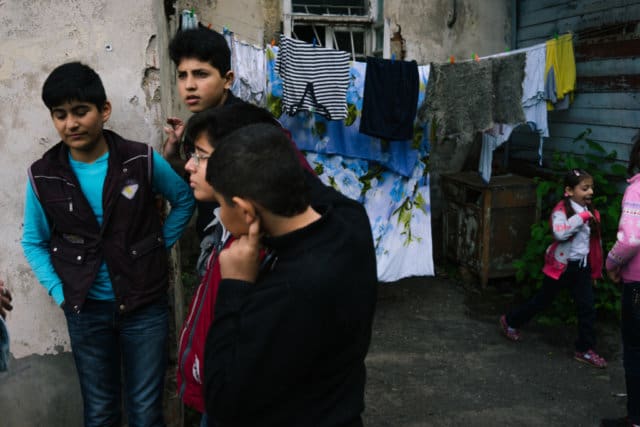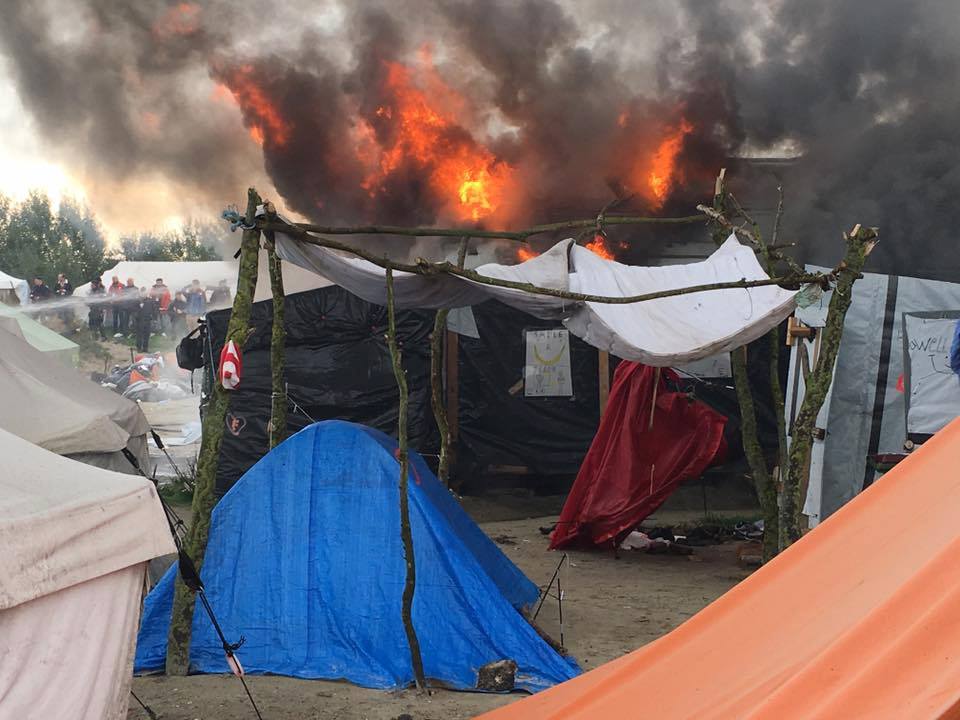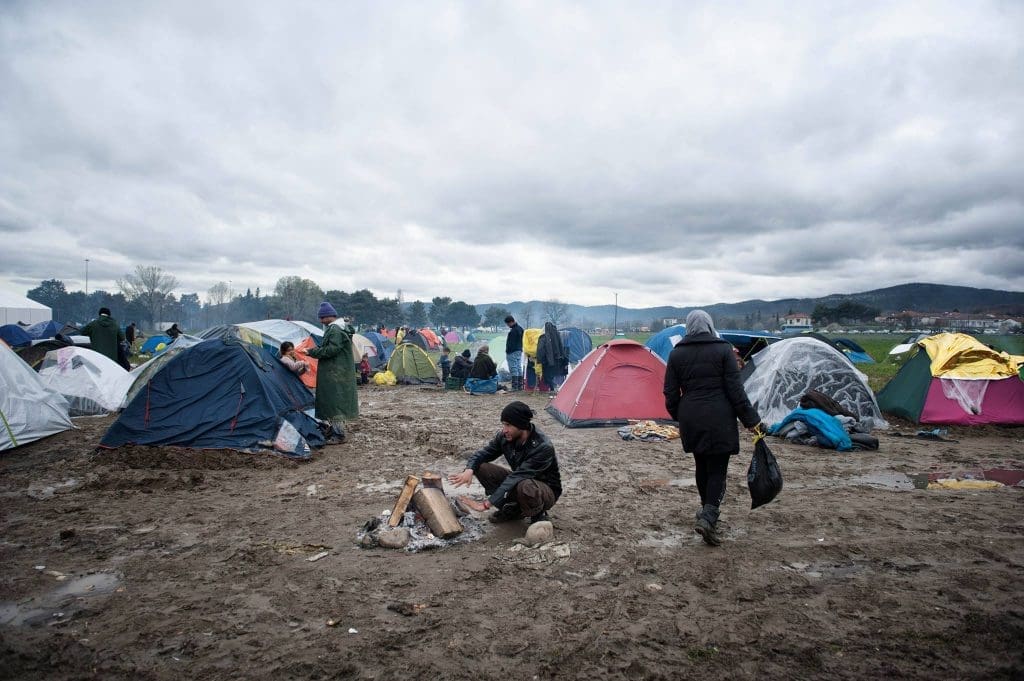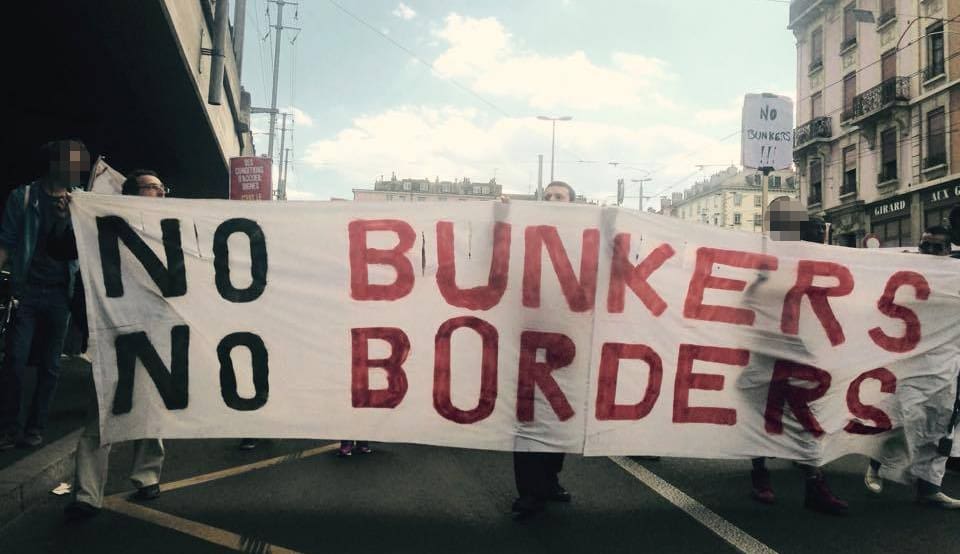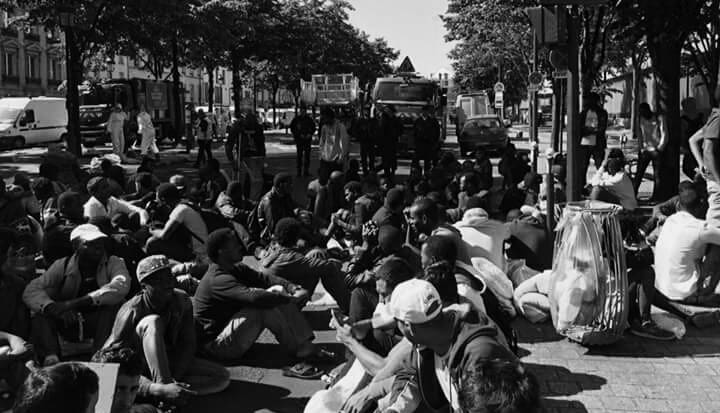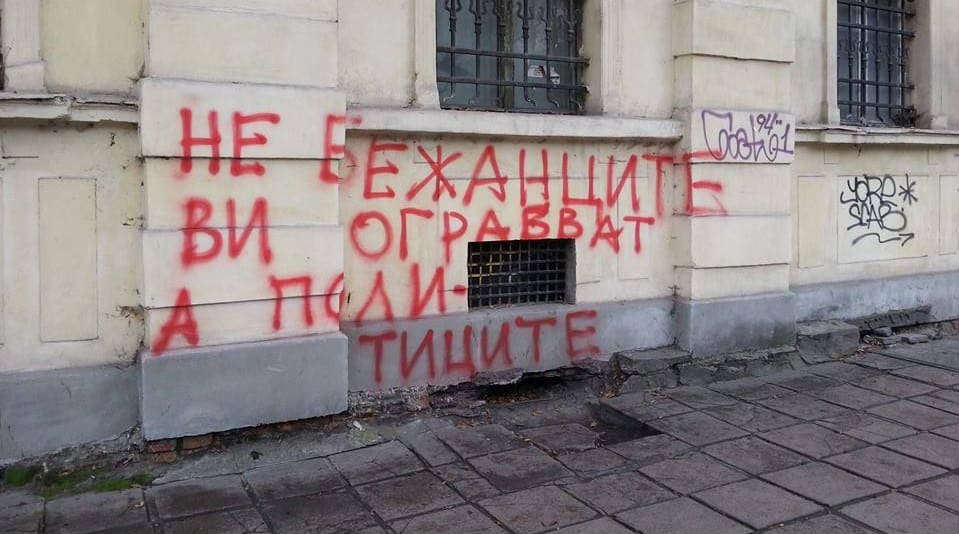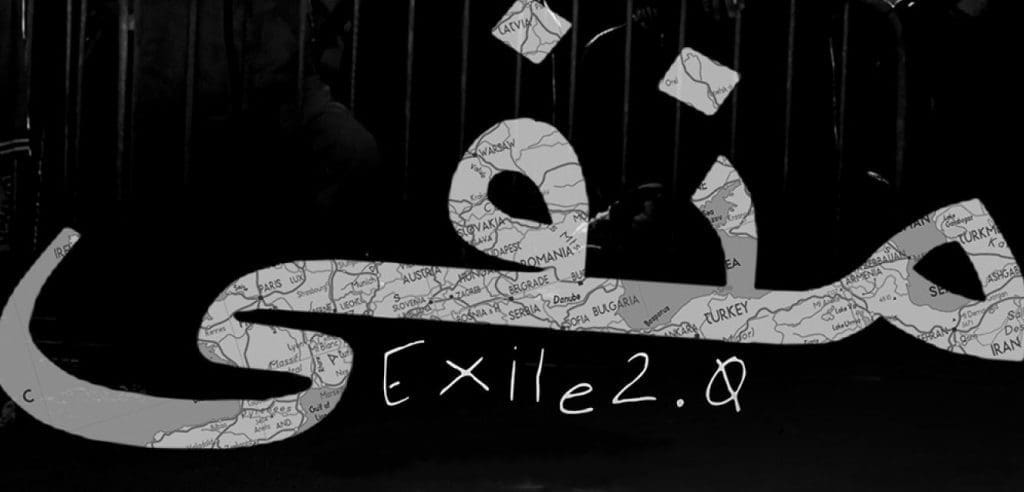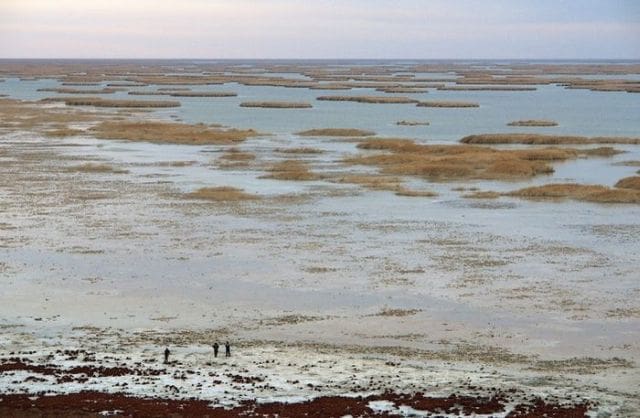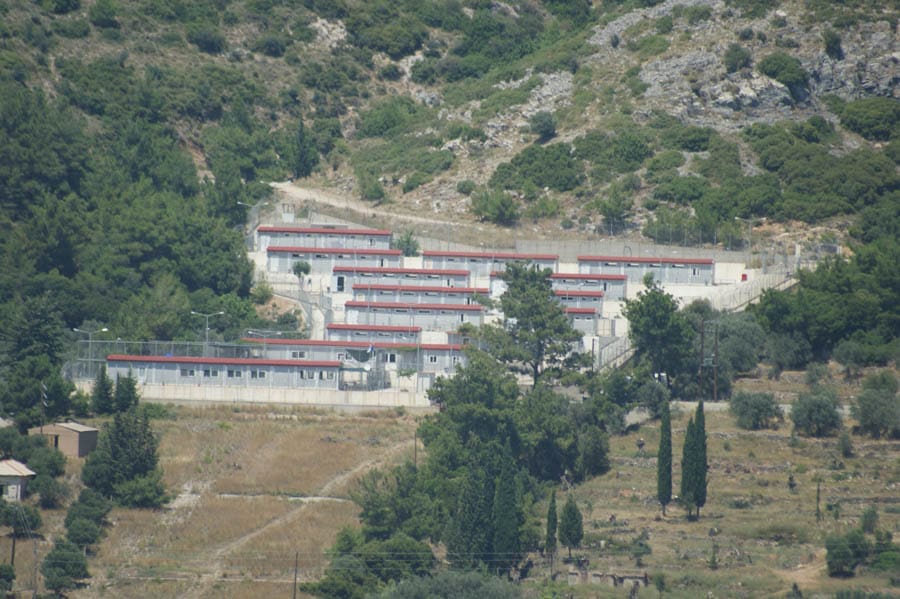Refugee Stories in Russia
“I used to really miss my family and my home in Syria, but not anymore. I have lost my family and simply see no point in life. I even think it would have been better had I been with my family the day the bomb fell on my house.”
Refugee Stories in Russia Read More »

